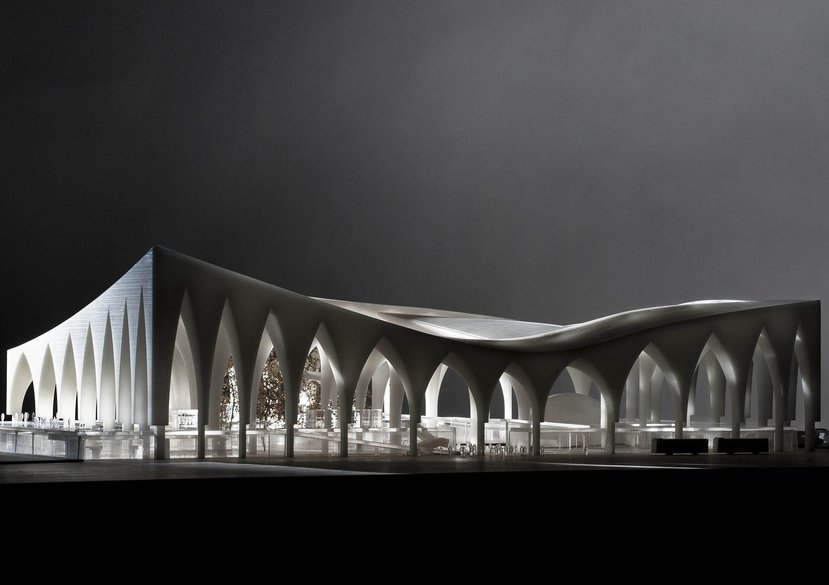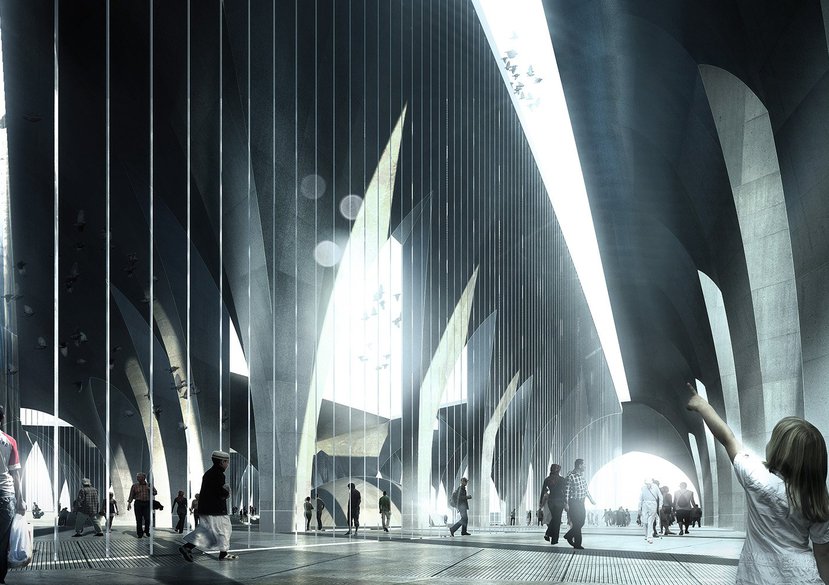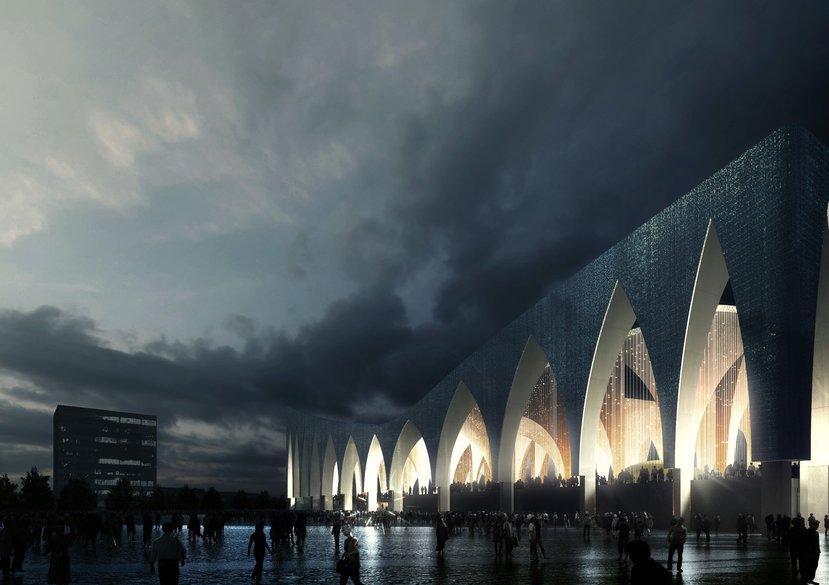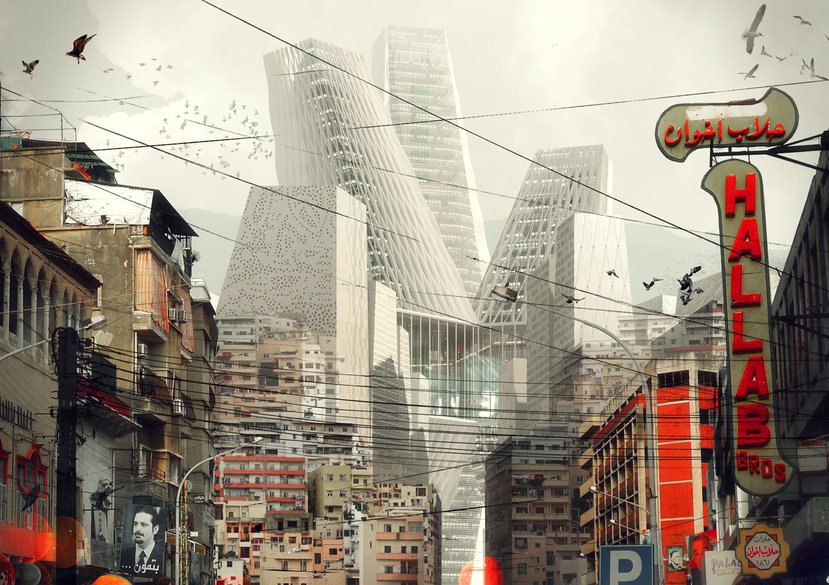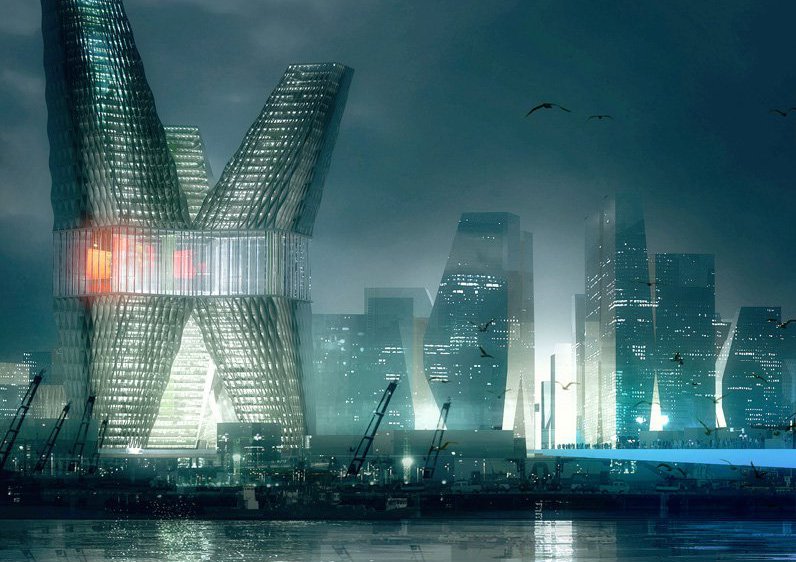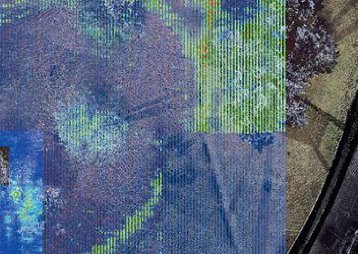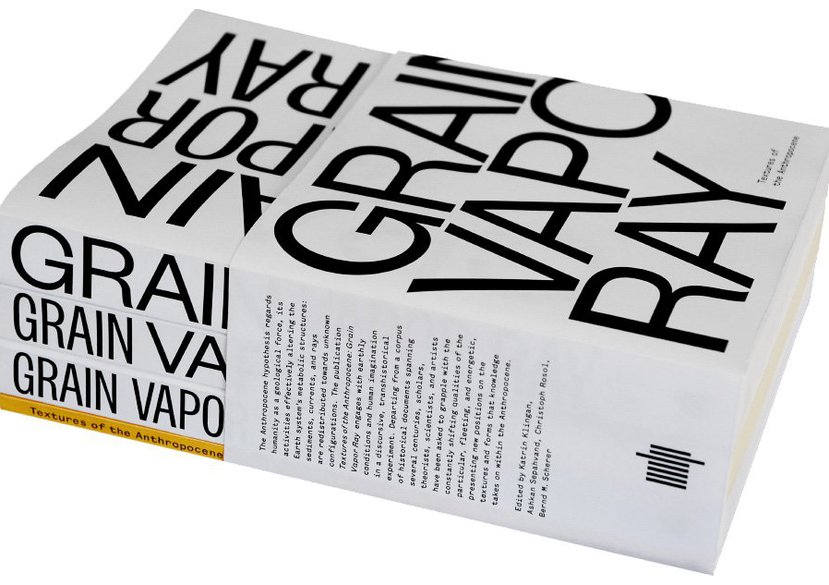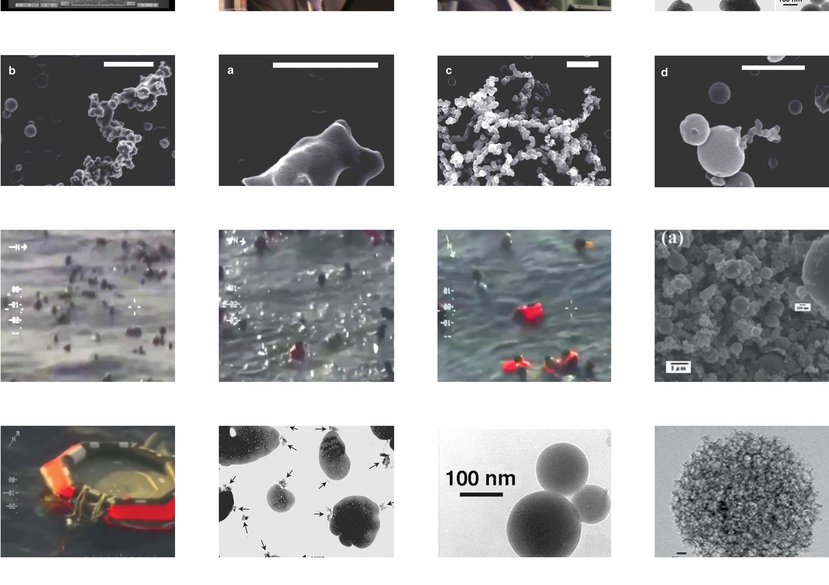
Dr. Adrian Lahoud is Dean, School of Architecture and Fellow at the Royal College of Art.
He sits on the board of the Architecture Foundation, Design Museum Future Observatory, New Architecture Writers, and was Convenor and Co-Chair of the Rights of Future Generation Working Group.
Prior to his role at RCA, he was director of the MA programme at the Centre for Research Architecture, Goldsmiths and Studio Master in the Projective Cities MPhil in Architecture and Urban Design at the Architectural Association.
In 2019 he curated the inaugural Sharjah Architecture Triennial, the first major international platform for architecture and urbanism in the global south. His research work is focused on architecture and urbanism in the global south.
Gallery
More information
Practice
Before starting his office in Australia, Adrian worked for a number of notable practices in Sydney across a wide range of scales and disciplines including art, landscape architecture, architecture and urban design. Key projects include a competition entry for a cultural centre in Istanbul and a research proposal exploring forms of co-existence between high-density development and historically significant inner city areas. Alongside his architectural practice, Adrian worked with partners in a collective titled ‘N’ that set out to increase the density of cultural opportunities for young artists and architects in Sydney.
Publications, exhibitions, other outcomes
Selected Books, Journals and Articles
Lahoud, A. (2015) ‘Fallen Cities’, in: Architecture: Representation and the Arab World, Columbia University Press (Forthcoming book chapter)
Lahoud, A. (2015) ‘Nomos and Cosmos’, in: N. Marques (ed), E-Flux (Forthcoming book chapter MIT Press)
Lahoud, A. (2015) ’Error Correction: Chilean Cybernetics and Chicago’s Economists’, in: M. Pasquinelli (ed), Augmented Intelligence and its Traumas, Lüneburg: Meson Press (Forthcoming book chapter)
Lahoud, A. (2014) ‘Floating Bodies’, in: A. Franke, A and E. Weizman (eds.), Forensis: The Architecture of Public Truth, Germany: Sternberg Press (Book chapter)
Lahoud, A. (2014) ‘The Bodele Declaration’, in: K. Klingan (ed.), Grain Vapour Ray, MIT Press (Book chapter)
Lahoud, A. ‘(2014) Beyond Babylon’, in: Y. Aesopos (ed.), Greek Pavilion Venice Biennale Catalogue (Book chapter)
Lahoud, A. (2013) ‘The Mediterranean: A New Imaginary’, in: New Geographies 5: The Mediterranean, Harvard University Press (Journal article)
Lahoud, A. (2013) ‘The Third Degree’, in: I. Weizman (ed.), Architecture and the Paradox of Dissidence, Routledge (Book chapter)
Lahoud, A. (2013) ‘The Problem of Scale’, in: M. Carmona (ed.), Explorations in Urban Design, Ashgate (Book chapter)
Lahoud, A. (2013) ‘The Mediterranean’, in: M. Butcher (ed.) P.E.A.R Vol. 5 (Journal Article)
Lahoud, A. (2013) ‘Architecture, the City and its Scale’, in: Journal of Architecture, Routledge (Journal article)
Lahoud, A. & Tavares, P. (2013) Proposal for a Fifth Geneva Convention (Online article)
Lahoud. A., Spurr. S. (2012) ‘Post-traumatic Urbanism’, in: B. Trieze, C. Wake (Eds.), Performing Trauma: Visions and Revisions, Denmark: Museum Tuculanum Press Denmark (Co-authored chapter)
Lahoud, A. (2011) ‘The Age of Urban Trauma’, in: The Conversation, April (Online article)
Lahoud, A. ‘Unnatural Disasters’, in: UMag March, 8-16 (Magazine article)
Selected Exhibitions
Forensis: The Architecture of Public Truth, Haus der Kulturen der Welt Berlin, Germany 2014
Competitive Hypothesis, Storefront for Art and Architecture, New York 2012
Past, Present Futures, Storefront for Art and Architecture, New York 2012
Prague Quadrennial of Performance Design and Space, Prague, Czech Republic 2011
Gwangju Design Biennale, Seoul, Korea curated by Ai Weiwei, 2011
Remodelling Architecture, Customs House, Sydney, Australia, 2010
Invited Keynote Lectures and Presentations
‘Climate and the Scale of the Environment’, Columbia University, 2015
Conflict Shorelines, Princeton School of Architecture, 2015
‘Education City’, Doha, 2015
‘Geographical Urbanism’, Milan Expo 2015
‘Situating Climate Change’, Zurich, 2015
‘Global Urban Higher Education: the challenges and potentials of internationalisation’, UCL, 2015
‘Fallen Cities’, Columbia GSAPP New York, US, 2014
‘Geopolitics in the Anthropocene’, Anthropocene Curriculum HKW, Berlin, 2014
‘Floating Bodies’, Max Planck Institute for the History of Science, Berlin, Germany, 2013
‘The Mediterranean: A New Imaginary’, Graduate School of Design, Harvard University, US, 2013
‘Post-traumatic Urbanism’, Tate Britain, London, UK, 2013
‘The Mediterranean, A New Imaginary’, University of Patras, Greece, 2013
‘Post-traumatic Urbanism’, Crete, Greece, and Tanzkongress, Dussledorf, Germany, 2013
‘Floating Bodies’: Antwerp Kunsthalle, Belgium, 2013
‘Floating Bodies: Architecture and the Paradox of Dissidence’, Architectural Humanities Research Association [AHRA] International Conference, 2013
‘Protoecologics’, Rovinj, Croatia, 2012
‘As Yet Untitled’, Isfahan and Tehran, Iran, 2012
‘Post-traumatic Urbanism’, Protoecologics Rovinj, Croatia, and Architectural Association, London, The Lopud Sessions TBA 21, Croatia and Bartlett University College London, 2011
‘The Life of Forms in the City’, The Royal Danish Academy of Fine Arts, Schools of Architecture, Design and Conservation, City|Life|Form Copenhagen, 2011
‘The Politics of Scale’, Angewandte, Vienna, 2011
External collaborations
- Part of the Haus der Kulturen der Welt’s Anthropocene curriculum, an experimental pedagogical project bringing together scientists, artists, architects, activists and scholars across a wide variety of fields to explore the practical and philosophical implications of climate change and widespread environmental transformation. The next iteration of the curriculum will explore the concept of ‘technosphere’ looking at systems of technical quantification and their spatial and political effects. For example the role of climate models in climate politics, systems of resource classification and their role in indigenous disputes.
- Researcher on the Forensic Architecture ERC grant at Goldsmiths, University of London most recently as part of their collaboration with Amnesty International on the Gaza Platform.
